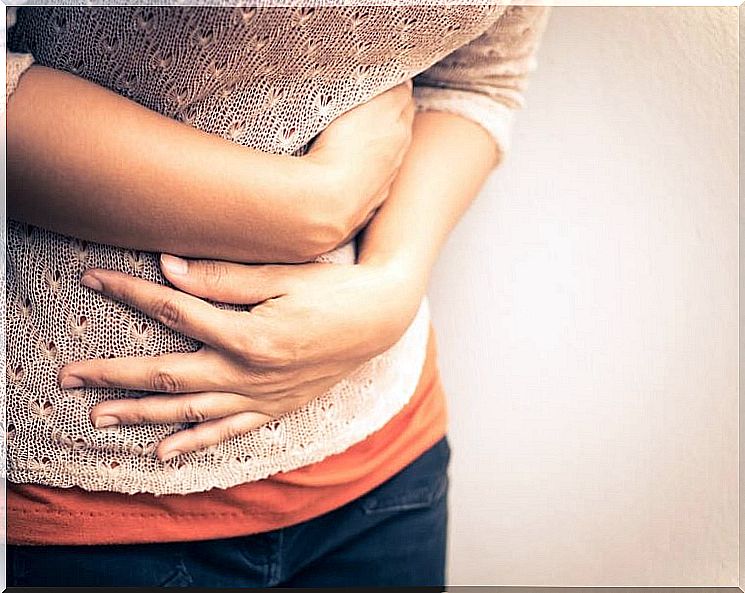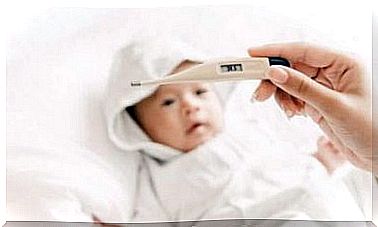Period During Pregnancy?

Every woman knows that menstruation stops during pregnancy and that it usually takes a while afterwards before it comes back on a regular basis. In today’s article, however, the question is whether periods can also occur during pregnancy.
Period during pregnancy
Pregnant women can experience irregular bleeding. Even if these occur around the normal menstrual date, it is not a normal menstrual period.
We then look at possible reasons for this.
Causes of Bleeding During Pregnancy
There are several theories as to why bleeding can occur during pregnancy. Then you will find different explanations.
1. Implantation
Implantation bleeding occurs when the fertilized egg implants in the uterus. When the egg attaches to the wall in the womb, parts of the wall peel off.
Usually this type of bleeding is light brown, pink, or red in color.

2. Bleeding after using contraceptives
Sometimes women have irregular cycles after using contraceptives such as birth control pills. If you recently stopped taking the pill and are now pregnant, it is possible that you may experience irregular spotting from the hormone switch.
It is also difficult to determine whether the bleeding is your normal period or irregular withdrawal bleeding if you became pregnant immediately after taking the birth control pill.
3. Ectopic pregnancy
Sometimes the fertilized egg is implanted outside the uterus. Often this happens in the fallopian tubes or in the cervix.
When this happens, the cells start to grow, causing pain and bleeding. The blood will likely be red in color and cause a great deal of pain.
Without treatment, ectopic pregnancy can reduce the chances of a healthy pregnancy again. It is therefore important to seek medical attention immediately.
4. Molar pregnancy
Molar pregnancy occurs when the fertilized egg becomes abnormal and a benign trophoblast tumor forms in the placenta.
This puts the pregnancy at great risk. Immediate medical treatment is also required to prevent damage to the reproductive organs.
5. Hormonal changes
Your progesterone levels can also be a cause of bleeding. During pregnancy, more progesterone is produced and your period usually comes on.
However, if the progesterone level does not rise enough, minor bleeding may continue.

6. Miscarriage
Bleeding can also be an early sign of a miscarriage. In this case, the blood loss can also be greater. In any case, you have to see a doctor immediately!
Bleeding during pregnancy doesn’t always have to indicate a serious problem. In some cases, the body simply needs time to adapt, because the natural rhythm is so imprinted that despite the new situation, a light period still sets in.
Regardless of the intensity of the bleeding, you must definitely be examined by a doctor in order to rule out risks or, if necessary, to initiate appropriate treatment.









